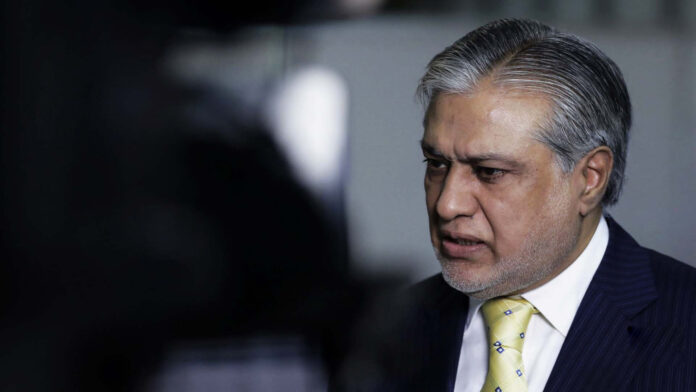Prime Minister Shehbaz Sharif has constituted a seven-member ministerial committee, chaired by Deputy Prime Minister Ishaq Dar, to develop the draft of a “home-grown economic development plan” and review the work of UK economist Stefan Dercon regarding Pkaistan’s growth.
As per a media report, this move comes following the PM’s dissatisfaction with the work of Stefan Dercon, whose involvement in drafting Pakistan’s growth agenda has sparked criticism from independent economists in the country.
Dercon had drafted the “home-grown” growth agenda under the supervision of Finance Minister Muhammad Aurangzeb, who initially chaired the committee on the economic plan.
The ministerial committee will review and reassess the draft of the Dercon Plan. Its members include Planning Minister Ahsan Iqbal, Finance Minister Muhammad Aurangzeb, Minister for Economic Affairs Ahad Khan Cheema, Minister of Information Atta Ullah Tarar, Minister of State for Finance Ali Pervaiz Malik and Lt General Sarfraz Ahmad, the national coordinator of the Special Investment Facilitation Council (SIFC).
Dar chaired the committee’s first meeting, where it was agreed to review the Dercon Plan in light of the PML-N’s manifesto and the Planning Commission’s 5Es framework.
The committee will also incorporate feedback from stakeholders and meeting participants to ensure a robust and cohesive draft plan as inconsistencies and a lack of cohesion were noted in the draft.
The committee will align sectoral plans with the principles of the home-grown economic development plan and may re-engage Stefan Dercon if needed. Based on the committee’s work, the prime minister is expected to announce an economic plan for the remainder of his government, focusing on reducing inflation to single digits.
Dercon’s plan links sustainable 6% annual growth and $60 billion in exports to the strict implementation of reforms and strong political will. However, the plan largely reiterates points already highlighted by Pakistani economists and government reports, such as the need for private investment, export orientation, and sufficient tax revenue.




